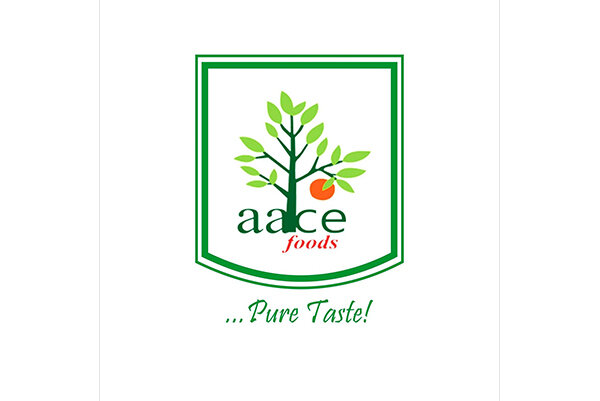AACE Foods
AACE Foods
Combating malnutrition and improving livelihoods in Nigeria.
BCTA MEMBERSHIP STATUS
Active
SECTOR
Agriculture, Food & Beverage
HEADQUARTERS
Nigeria
REGION OF INITIATIVE
Africa
SDG CONTRIBUTION
RELATED NEWS
Nigerian food processing and distribution company AACE Foods has joined the Business Call to Action (BCtA) with a commitment to bring 20,000 smallholder farmers into the country's agricultural supply chain. The company will also provide nutrition and business skills training to 2,000 women with the aim of combating childhood malnutrition and encouraging micro-entrepreneurship.
The company's inclusive business sources raw materials from smallholder farmers across the region as a way to increase local consumption of domestically-sourced processed foods. AACE Foods uses semi-automated manufacturing processes to transform these raw materials into spices, spreads, sauces and complementary foods. Through its innovative packaging, competitive pricing strategy and distribution approach, AACE Foods is gradually displacing imports currently purchased by commercial customers and consumers, and creating a new market among the low-income farmers.
The 2013 Nigeria Demographic and Health Survey revealed that 37 percent of Nigerian children under five years old were stunted, with rates above 50 percent in states in Northern Nigeria and hidden hunger in pockets of urban slums. This high incidence of malnutrition is not necessarily due to the lack of adequate food supplies because researchers at the Federal University of Agriculture in Abeokuta continue to do extensive research on post-harvest losses and estimate that to date, 40-60 percent of the fruits and vegetables grown and harvested by smallholder farmers across the county are wasted annually. At the same time, 90 percent of the processed food consumed in Nigeria is imported.
To meet the company's targets over the next five years, it will operationalize its factory by installing higher capacity equipment and adding sterilization capabilities. This will enable AACE Foods to develop and roll-out more complementary food and ready-to-eat snacks as well as expand the scale and scope of its involvement with smallholder farmers.
Chili peppers, ginger, garlic, soya beans, and maize are among the products AACE sources from smallholder farmers, 25 percent of whom are women. Partnerships with farmer cooperatives and non-profit organizations enables the company to commit to specified volumes, which provides farmers with better market information, enables them to anticipate planting and harvesting processes, and enhances the predictability of their sales. It also eliminates middle-men thereby raising the farmer's incremental household income.
Using local fruits and vegetables to displace imported fortified foods is also supporting the Nigerian government's desire for more 'home-grown' solutions to the country's high malnutrition rates. And the company's Our Mama programme complements this effort by providing nutrition and business skills training to women on an ongoing basis and AACE Foods projects to train 2,000 women micro-entrepreneurs by 2020.






